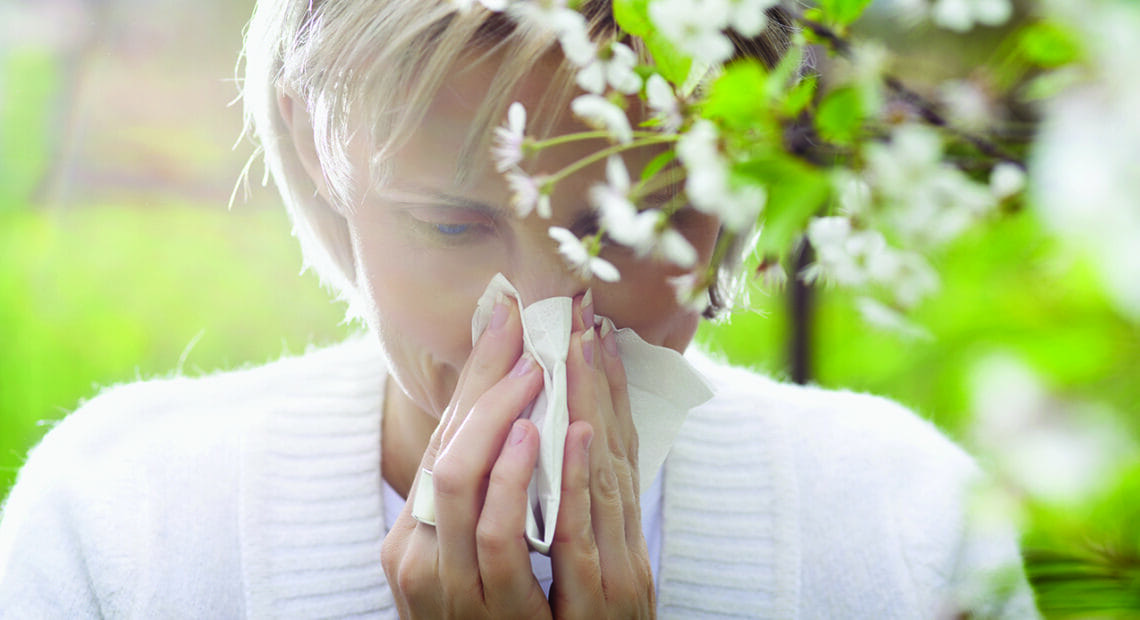Spring is synonymous with rebirth. Each spring, flowers begin to bloom again, grass starts to grow and people from all walks of life rekindle their love affair with the great outdoors. Spring also marks the return of a familiar foe: allergies.
Seasonal allergies can put a damper on even the most welcoming spring day. After all, a day soaking up the sun isn’t so relaxing when it’s also spent sneezing and confronting allergy symptoms like congestion, runny nose and watery eyes. Thankfully, it’s possible for seasonal allergy sufferers to have their spring and enjoy it, too.
• Pay attention to seasonal allergy trackers. Seasonal allergies are now easier to track than ever. For example, Pollen.com is an easily accessible and free site that allows visitors to type in their ZIP codes and access daily allergy reports for their towns and cities. Visitors also can see five-day forecasts that can help them plan trips and other outdoor excursions. Weather.com also offers free allergy reports and forecasts. Individuals with seasonal allergies can make use of these sites and plan their activities based on the information they provide.
• Stay indoors when allergen levels are especially high. The Mayo Clinic notes that there are several things individuals can do to reduce their exposure to seasonal allergy triggers. That includes staying indoors on dry, windy days. This doesn’t mean individuals need to lock themselves indoors all spring. But it’s important that seasonal allergy sufferers recognize that some days might be too much to handle. Rain helps clear pollen from the air, so individuals who are avoiding the outdoors on days when pollen counts are high should be able to get outside after a good rain without triggering an attack.
• Maintain clean air indoors. The great outdoors is not the only place where allergens percolate. The Asthma and Allergy Foundation of America notes that improving air quality in a home can reduce allergy triggers. Air conditioners can prevent outdoor allergens from entering a home, so utilize units on warm spring days when you might otherwise open the windows. Open windows and screen doors provide easy entry points for allergens like pollen, so turning on the AC when outdoor allergen counts are high can make seasonal allergies more manageable.
• Consider treatments. Over-the-counter treatments like antihistamines, nasal sprays and decongestants provide most individuals with sufficient relief from their seasonal allergies. If OTC remedies are ineffective, treatments such as allergen immunotherapy and a consultation with an allergen may be necessary.
Seasonal allergies can spoil an otherwise welcoming spring day. But there are many ways for individuals to corral their seasonal allergies and still enjoy spring sun.







Recent Comments